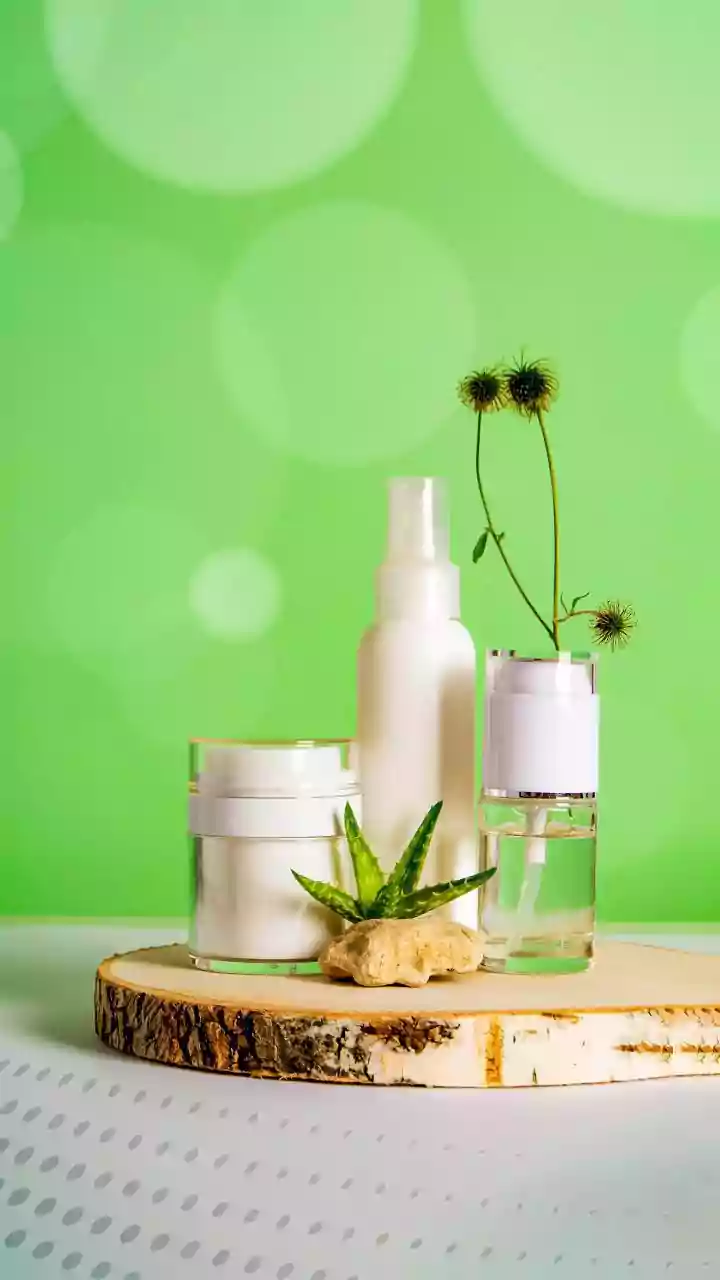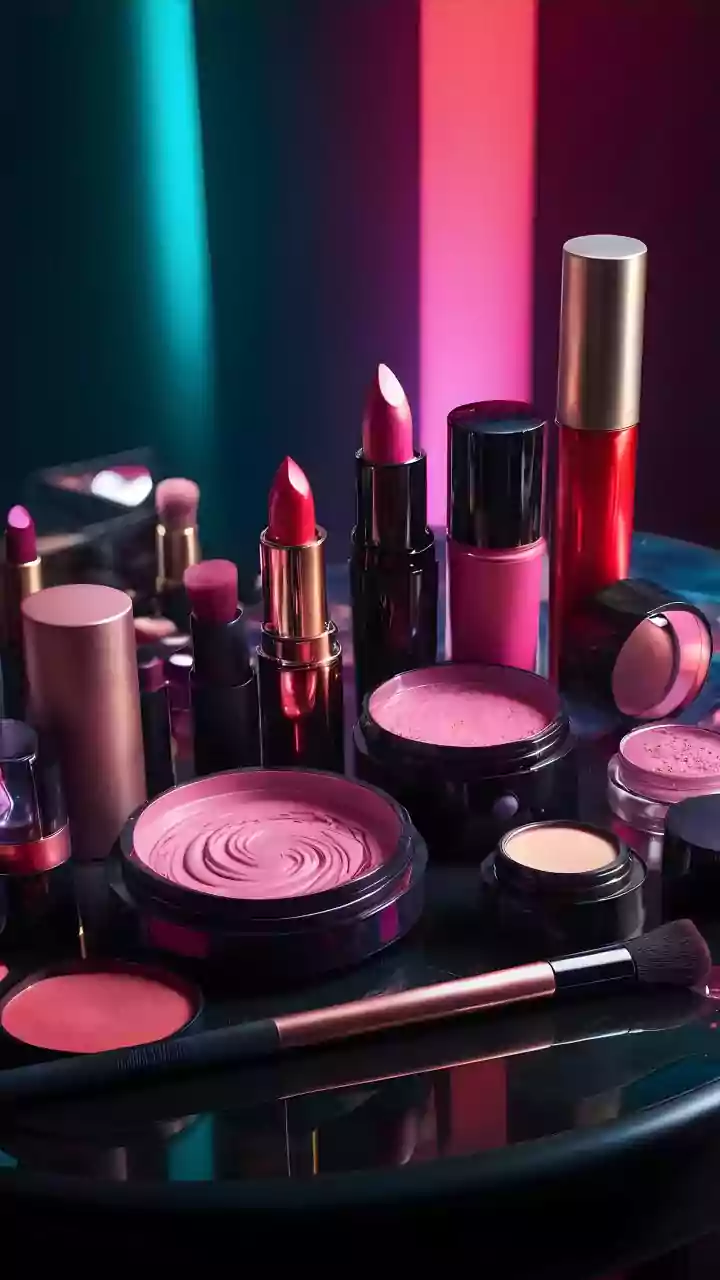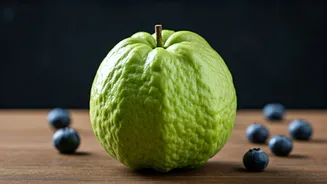Nourish From Within
Fueling your body with the right nutrients is paramount to boosting hair growth. Focus on a diet rich in protein, as hair is primarily composed of this
macronutrient. Include foods like eggs, lean meats, and fish to provide the necessary building blocks for hair. Vitamin-rich foods are also essential. Incorporate fruits and vegetables packed with vitamins A, C, and E, which support scalp health and promote hair growth. Additionally, consider supplementing with biotin, a B-vitamin known to improve hair strength and stimulate growth. Ensuring adequate intake of iron, zinc, and omega-3 fatty acids also contributes to a healthier scalp environment, paving the way for faster hair growth. These nutrients collectively fortify your hair from the inside out, making it stronger and more resilient, with the aim to promote growth. By prioritizing a well-rounded diet, you're setting the foundation for optimal hair health.
Gentle Hair Care
The way you handle your hair can significantly influence its growth trajectory. Over-washing can strip away natural oils essential for hair health, leading to dryness and breakage, which in turn hinders growth. Aim to wash your hair two to three times a week, depending on your hair type and lifestyle. When washing, use a gentle, sulfate-free shampoo to avoid harsh chemicals. Conditioners are your allies in moisturizing and detangling your hair, reducing breakage. Be gentle when detangling, especially when hair is wet. Use a wide-tooth comb to minimize breakage. Avoid aggressive rubbing with a towel; instead, gently pat your hair dry. Minimizing the use of heat styling tools, such as hair dryers, curling irons, and straighteners, is also a key practice. Heat damages the hair shaft, making it brittle and prone to breakage. If you must use these tools, apply a heat protectant beforehand.
Scalp Massage Magic
Regular scalp massages can significantly enhance hair growth. Massaging your scalp improves blood circulation, which helps deliver oxygen and nutrients to hair follicles. This increased blood flow promotes healthier hair growth and can even stimulate dormant follicles. Use your fingertips to massage your scalp in circular motions for about five minutes each day. You can also incorporate essential oils known for their hair-growth-promoting properties, such as rosemary or peppermint oil. Dilute a few drops of these oils with a carrier oil like jojoba or coconut oil before applying to the scalp. Massages not only benefit hair growth but can also alleviate stress, which can indirectly contribute to hair loss. Make it a part of your daily or weekly routine, to stimulate hair growth. Consistent scalp massages can offer visible improvements over time, fostering a healthier, more vibrant head of hair.
Hydration is Key
Staying hydrated is crucial for overall health, and hair growth is no exception. Water makes up a significant portion of your hair structure, and dehydration can lead to dry, brittle hair that is prone to breakage. Aim to drink an adequate amount of water throughout the day, usually around eight glasses, but adjust based on your activity level and the climate you live in. Proper hydration helps maintain the elasticity of your hair, preventing it from snapping easily. Hydrated hair is also less likely to split, contributing to longer lengths. If you find it challenging to drink enough water, consider carrying a water bottle with you and sipping on it throughout the day. You can also include hydrating foods like fruits and vegetables, such as cucumbers and watermelons, in your diet to boost your water intake. Consistent hydration supports not just hair growth, but also the overall health and vitality of your body.
Protect From Damage
Protecting your hair from environmental damage is vital for promoting healthy growth. The sun's UV rays, pollution, and harsh weather conditions can damage the hair shaft, leading to breakage and stunted growth. Whenever you spend time outdoors, especially during peak sun hours, shield your hair. Consider wearing a hat, scarf, or using hair products with UV protection. Minimize your hair's exposure to chlorine, often found in swimming pools, which can dry out and damage your hair. Rinse your hair thoroughly with clean water after swimming. Be cautious of harsh chemical treatments such as coloring, perms, and relaxers, which can weaken the hair. If you choose to undergo these treatments, opt for gentler formulations and limit their frequency. Prioritizing protection from external stressors is an important part of any strategy for hair growth, ensuring your hair remains healthy and grows without interruption.
Avoid Stress
Stress can significantly impact your hair growth, often leading to hair loss or slowing down the growth cycle. Chronic stress causes the body to divert resources away from non-essential functions, including hair growth. High stress levels can disrupt the hair growth cycle, causing hair follicles to enter a resting phase, which slows down growth. Find healthy ways to manage and reduce stress levels. Incorporate stress-reducing activities into your daily routine. Consider regular exercise, as it releases endorphins and reduces stress hormones. Meditation, yoga, and deep breathing exercises are also beneficial for calming the mind and reducing stress levels. Adequate sleep is vital, as it allows your body to repair and rejuvenate. Aim for 7–8 hours of quality sleep each night. Seeking professional help from a therapist or counselor may be useful, especially when dealing with overwhelming stress. Lowering stress levels can create an environment that supports healthy hair growth, which allows your hair to grow at its natural pace.
Supplements Wisely
Certain supplements can help to support hair growth, but it's important to approach them with caution and guidance. Biotin, a B-vitamin, is one of the most popular supplements for hair growth, and it helps to improve hair strength and stimulate growth. Other beneficial supplements include vitamins A, C, and E, which provide antioxidants that protect the hair follicles. Iron and zinc are also important, particularly for those who may be deficient. Before starting any supplements, it is advisable to consult a healthcare professional. They can assess your individual needs and recommend the appropriate supplements and dosages. Excessive intake of certain vitamins or minerals can be harmful, so professional guidance is necessary. A balanced diet should be the primary source of nutrients. Supplements can be helpful, but they should be used to support your existing healthy habits. Careful and informed use of supplements can enhance hair growth efforts.
Handle Hair Gently
The way you style your hair plays a crucial role in its growth and health. Avoid hairstyles that pull tightly on the hair follicles, such as tight braids, ponytails, or buns, as these can cause traction alopecia, a form of hair loss. Regularly change your hairstyle to minimize consistent strain on your hair. Choose hairstyles that are less damaging, and avoid frequent use of heat styling tools. If you use heat tools, always use a heat protectant. Consider air-drying your hair or using the cool setting on your hairdryer to minimize heat damage. When brushing your hair, use a wide-tooth comb or a brush with soft bristles to avoid breakage. Detangle your hair gently, starting from the ends and working your way up to the roots. Be patient and careful when handling your hair. Implementing gentle hair practices is very important in the long run. By making these small adjustments to your hair care routine, you can significantly reduce the risk of breakage and promote healthier, faster hair growth.
Regular Trims Matter
Regular hair trims might seem counterintuitive if you're trying to grow your hair, but they are essential for long-term hair health and growth. Trimming your hair every few months, typically about a quarter to half an inch, removes split ends and prevents them from traveling up the hair shaft. Split ends can cause breakage, which ultimately hinders hair length. Even though it may seem like you're losing length, consistent trims prevent further damage, allowing your hair to grow longer and healthier in the long run. The frequency of trims depends on your hair type, hair health, and hair care routine. If your hair is prone to split ends, you may need more frequent trims. Visit a professional hairstylist who can assess your hair and advise on the appropriate trimming schedule. Regular trimming can improve the overall appearance of your hair and prevent further breakage. By prioritizing regular trims, you're investing in the overall health and length of your hair.
Patience and Consistency
Hair growth is a gradual process, and achieving significant results requires patience and consistency. Hair grows at different rates for each individual, with an average growth rate of about half an inch per month. Don't be discouraged if you don't see immediate results. Following a consistent hair care routine, including the tips outlined above, is crucial. Regularity is the key, and sticking to your plan is far more important than any quick fixes. Keep track of your hair growth progress and be patient with the process. Evaluate the effectiveness of your routine. Be ready to adjust your approach based on your hair's response and any changes in your lifestyle. Stay committed to your goals, and celebrate small victories. With the right care and a bit of patience, you will see noticeable improvements in the health and length of your hair. Recognize that sustainable hair growth takes time and effort. Enjoy the journey and celebrate your progress.




















